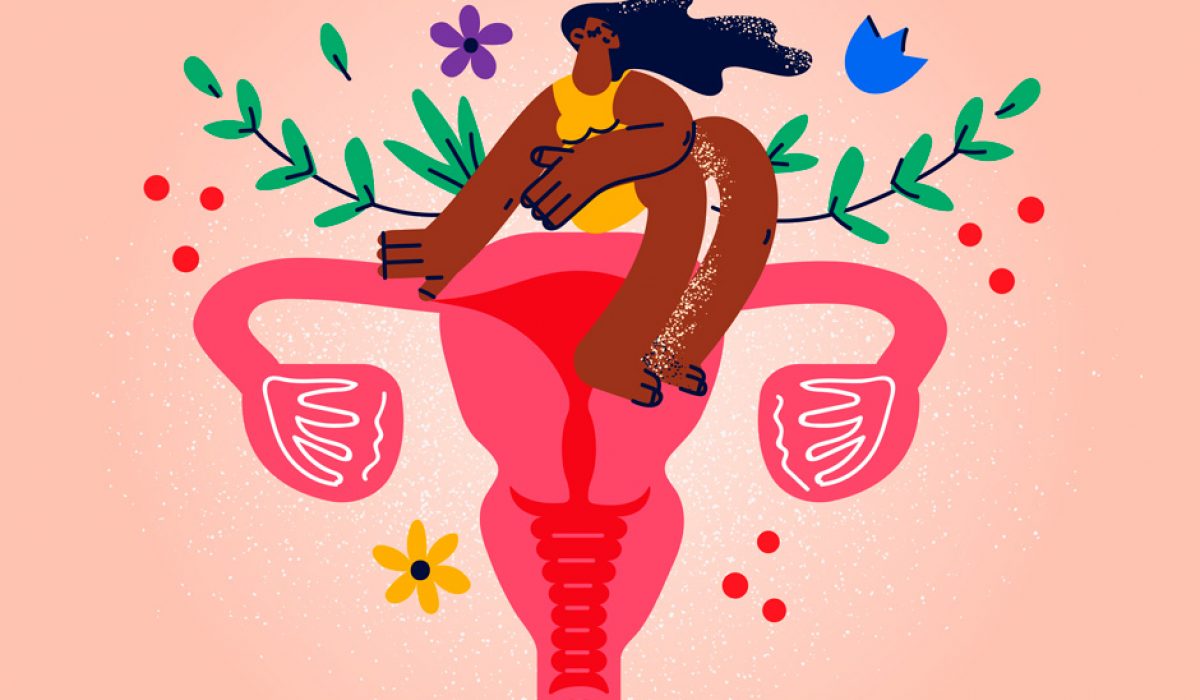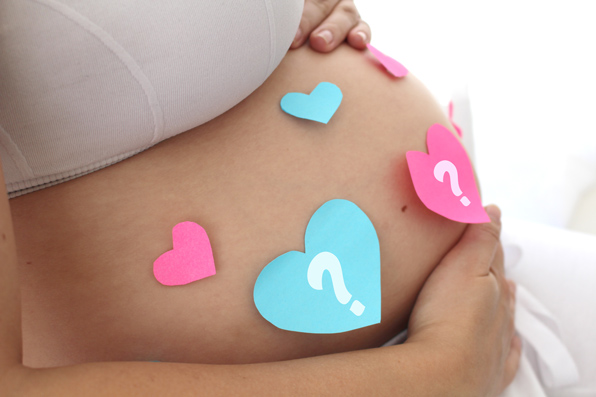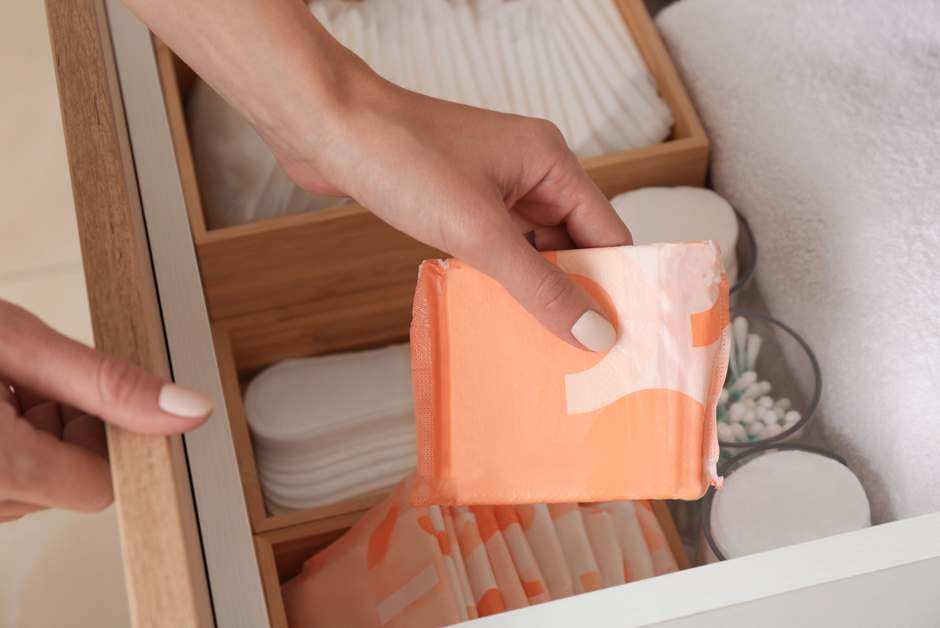What is vaginal dryness? Although it’s a topic that mostly goes unmentioned, vaginal dryness is a problem that many women will face in their lives. Particularly at times when the body is subject to a lot of hormonal changes, such as leading up to and after the menopause, or during breastfeeding.
However, the causes of vaginal dryness are not always hormonal and the problem can affect a woman at any age. We spoke to Dr Albert Aka, Consultant Gynaecologist at The Gynae Centre and a leading expert on women’s health, to find out more.
What is vaginal dryness?
So what is vaginal dryness? Vaginal dryness is when your body is not secreting sufficient vaginal fluid for your vagina to be comfortably lubricated. Vaginal dryness and itching is a common problem that can affect your quality of life, particularly in terms of intimacy. So knowing what to do about it is important.
What does vaginal dryness feel like?
Symptoms of vaginal dryness may include:
- An itchy or sore sensation in or around your vagina
- Discomfort or pain when having sex
- Needing to urinate more frequently
- Repeated UTIs (urinary tract infections).
Causes of vaginal dryness
Dr Aka says: “The causes of vaginal dryness vary but are often due to hormonal changes.” For example from:
- Going through the menopause
- Breastfeeding
- Being on contraceptive pills
- Taking some antidepressants
- Receiving cancer treatment such as chemotherapy
- Having a hysterectomy or having your ovaries removed
- Losing or gaining a lot of weight
- Going through a time of immense stress
Hormonal changes – such as lowered oestrogen levels – can affect your levels of vaginal secretions, creating vaginal dryness.
Other causes of vaginal dryness include:
- Using perfumed soaps or douching in and around the vagina
- Being insufficiently aroused when having sex. This could be simply due to a need for more foreplay. Or you could be experiencing a decreased desire for sex. It is very normal for a libido to fluctuate, but in some cases decreased desire for sex could be due to stress, relationship issues, or trauma.
“Sometimes, seemingly unrelated conditions can cause vaginal dryness,” says Dr Aka. “For example, high blood sugar in diabetics can lead to vaginal dryness. And an autoimmune condition such as Sjögren’s syndrome can create vaginal dryness too.”
What can I do for vaginal dryness?
The cause of your vaginal dryness will often dictate how it should be treated and of course, you need to see a doctor to determine that. However, there are a few things you can try at home and some over-the-counter products you can get from a pharmacist if you wish. These include:
- Vaginal moisturisers that are specifically designed for vaginal dryness
- Water-based lubricants to help with sex
- Avoiding generic soaps (especially perfumed soaps)
- Washing only with water, or unperfumed intimate soap. The vagina is self-cleaning, with a delicate balance of bacteria to maintain. Soaps can disturb that balance and even lead to infection such as bacterial vaginosis – so it is best to just stick to washing with water
- Never douching
- Keeping lotions, creams or petroleum jelly (basically any moisturiser that is not specifically for the vagina) away from your vagina, as these could lead to an infection
- Increasing the amount of foreplay before sexual intercourse
- Adjusting your diet. Certain foods are rich in phytoestrogens (also dubbed ‘dietary oestrogen’), which are natural compounds that are thought to work similarly to the oestrogen generated by your own body. For example sesame seeds, flax seeds, soy products, and vegetables such as cabbage, cauliflower and broccoli are rich in phytoestrogens. Slashing your consumption of sugar may also help too, because too much sugar can be a hindrance to healthy hormone function.
If you are concerned you should see a doctor, and certainly if:
- You’ve been experiencing vaginal dryness for several weeks
- Self-help strategies haven’t worked
- Vaginal dryness is having a negative impact on your life
- You’re experiencing bleeding following sex or between periods
- You have noticed unusual discharge.
Particularly if you are sexually active, it is important not to leave vaginal dryness untreated, because intercourse could cause vaginal tears and inflammation, often leading to other issues such as urinary tract infections.
Treatment for vaginal dryness
Here at The Gynae Centre, lots of women come to us for help with vaginal dryness concerns. It is very common, especially in women over the age of 40. It is nothing to be embarrassed about and can be well treated.
Treatment for vaginal dryness often depends upon what is causing it, and that is where expert gynaecological consultation comes in. For example, if you are suffering vaginal dryness because of hormonal changes, you may be prescribed hormone replacement therapy (HRT). At The Gynae Centre we offer sophisticated hormone replacement treatment that minimises side effects, such as hormone implants with the Mirena coil and patches to treat decreased libido.”
If it is determined that your vaginal dryness is due to psychological factors, then sometimes counselling and relationship support may be appropriate. But determining that depends upon proper consultation to rule out underlying conditions and so on.
Vaginal dryness can really affect your quality of life, but you don’t have to suffer. The Gynae Centre is home to some of the UK’s leading gynaecology experts and most up to date treatments. We can get to the root of any issue without delay. In fact we can often offer same day appointments, getting you back to your best without delay.
To find out how we can help, call us on 020 7580 8090 or book online.






